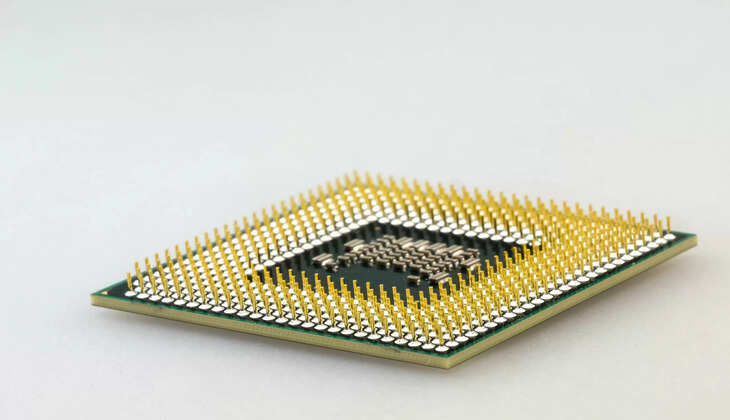High Efficiency Processor
Jul 4, 2024, 16:34 IST

When it comes to high-efficiency processors, the focus is on a balance between performance and energy consumption. Here are some of the most efficient processors across different use cases:
Desktop Processors
-
AMD Ryzen 9 5950X
- Cores/Threads: 16/32
- Base/Boost Clock: 3.4GHz / 4.9GHz
- TDP: 105W
- Pros: Excellent multi-core performance, efficient power usage for high performance, great for gaming and content creation.
- Cons: Expensive.
-
Intel Core i9-12900K
- Cores/Threads: 16 (8 Performance + 8 Efficiency) / 24
- Base/Boost Clock: 3.2GHz / 5.2GHz
- TDP: 125W (PL1), higher in turbo modes.
- Pros: Strong single-thread and multi-thread performance, efficient with hybrid architecture, good for gaming and professional workloads.
- Cons: Requires a newer motherboard (LGA 1700).
Laptop Processors
-
Apple M1 Pro / M1 Max
- Cores: 10 (8 Performance + 2 Efficiency)
- Base/Boost Clock: N/A (Apple Silicon architecture)
- TDP: Varies, but highly efficient.
- Pros: Excellent performance per watt, long battery life, powerful integrated GPU.
- Cons: Limited to Apple products.
-
AMD Ryzen 9 5900HS
- Cores/Threads: 8/16
- Base/Boost Clock: 3.0GHz / 4.6GHz
- TDP: 35W
- Pros: Great performance in a lower TDP package, good for gaming and productivity, efficient for thin and light laptops.
- Cons: Less efficient than the Apple M1 for similar performance levels.
-
Intel Core i7-1185G7
- Cores/Threads: 4/8
- Base/Boost Clock: 3.0GHz / 4.8GHz
- TDP: 12-28W (Configurable)
- Pros: Strong performance in a low power envelope, excellent integrated graphics (Iris Xe), great for ultrabooks.
- Cons: Limited to quad-core.
Mobile Processors
-
Apple A15 Bionic
- Cores: 6 (2 Performance + 4 Efficiency)
- Base/Boost Clock: N/A (Apple Silicon architecture)
- TDP: Highly efficient.
- Pros: Leading performance in mobile processors, very power-efficient, excellent GPU and AI capabilities.
- Cons: Limited to Apple devices.
-
Qualcomm Snapdragon 8 Gen 1
- Cores: 8 (1 Cortex-X2 + 3 Cortex-A710 + 4 Cortex-A510)
- Base/Boost Clock: Varies
- TDP: Efficient for high performance.
- Pros: Great performance, good power efficiency, supports advanced 5G and AI capabilities.
- Cons: Power efficiency varies with OEM implementation.
-
Samsung Exynos 2200
- Cores: 8 (1 Cortex-X2 + 3 Cortex-A710 + 4 Cortex-A510)
- Base/Boost Clock: Varies
- TDP: Efficient for its performance class.
- Pros: Integrated AMD RDNA2 GPU, strong performance, efficient.
- Cons: Not as efficient as Apple A15 in some tasks.
Server Processors
-
AMD EPYC 7763
- Cores/Threads: 64/128
- Base/Boost Clock: 2.45GHz / 3.5GHz
- TDP: 280W
- Pros: Excellent multi-core performance, great performance per watt, suitable for data centers and heavy computational tasks.
- Cons: High power consumption for maximum performance.
-
Intel Xeon Platinum 8380
- Cores/Threads: 40/80
- Base/Boost Clock: 2.3GHz / 3.4GHz
- TDP: 270W
- Pros: Strong multi-threaded performance, good power efficiency for high-density deployments.
- Cons: Very high power consumption.
These processors represent some of the best in terms of balancing high performance with energy efficiency across different use cases and device types.
